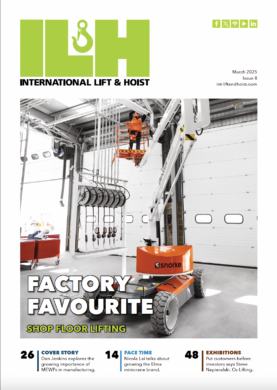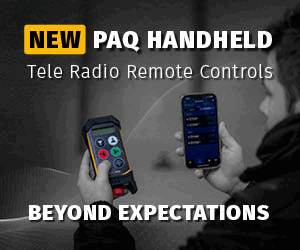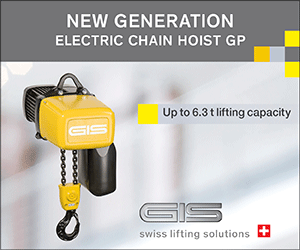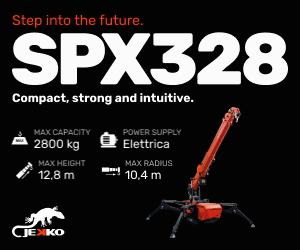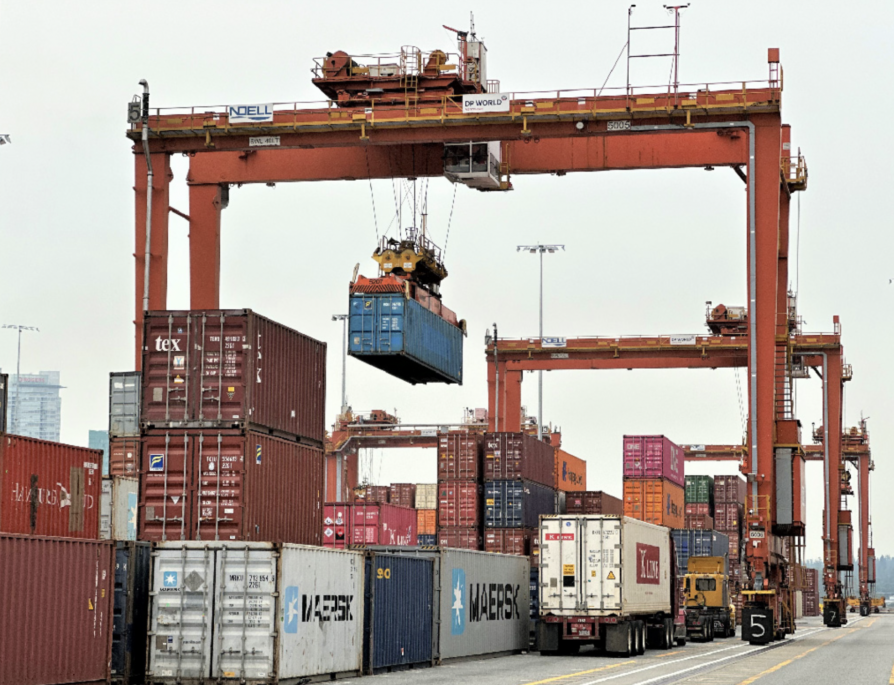)
Groundbreaking hydrogen fuel cell RTG to use a Corvus ESS.
The DP World Rubber Tyred Gantry (RTG) Crane is part of a Vancouver Port investment to test an array of low and zero-emission technologies to achieve zero emissions by 2050.
Corvus Energy has announced that it has been selected by TYCROP and their hydrogen technologies partner H2 Portable to supply the battery energy storage system component of a hydrogen fuel cell RTG crane scheduled for retrofit in 2024. This is believed to be the first RTG crane powered by both a fuel cell and a battery energy storage system in the Americas.
Development of the hybrid-powered crane is part of the Low-Emission Technology Initiative, a collaboration between the Vancouver Fraser Port Authority and the Province of British Columbia where each organisation invested CA$1.5 million ($1.1 million USD) to support the port community’s transition to low-emission energy (source).
Reducing emissions, fuel costs & operating noise
Designed to reduce port emissions, fuel costs and operating noise, the crane will use a dual hydrogen fuel cell system, developed by TYCROP and H2 Portable in close collaboration with Loop Energy, together with the Corvus battery energy storage system (ESS). The ESS improves energy efficiency by channelling regenerative energy back to the battery for reuse during crane lowering operations.
The crane will use a 124 kWh Corvus Orca ESS, the company’s market-leading battery energy storage system. Orca is a major player in maritime ESS with an operational record, backed by millions of hours of data.
Corvus Energy systems already power over 186 hybrid RTG cranes worldwide. The majority are hybrid diesel/electric cranes. Corvus is pleased to have been selected to support DP World for this innovative project.
According to Maryam Ebrahimian, Corvus Energy’s sales manager for Canada, “Being a part of the pioneering team, the first to successfully introduce an RTG crane that incorporates both battery and fuel cell technologies in the Americas, has been nothing short of inspiring. This accomplishment represents a significant contribution towards more sustainable port and maritime operations and exemplifies the commitment of the Vancouver Fraser Port Authority, DP World, and the project partners to push technological boundaries and embrace sustainable solutions for a brighter future.”
DP World, a leading provider of global end-to-end supply chain solutions, operates five container terminals across Canada and is a key vendor and partner servicing the Low-Emission Technology Initiative. DP World’s participation, which is a key step in its global strategy to achieve carbon neutrality by 2040, includes leading the retrofit and delivery of the hydrogen powered RTG crane, among other elements.
Corvus Energy is a leading supplier of energy storage systems (ESS) for maritime, offshore, subsea and port applications. Corvus Energy offers a full portfolio of ESS suitable for almost every vessel type, providing high-power energy storage in the form of modular lithium-ion battery systems. The purpose-built, field-proven battery systems provide sustained power to hybrid and all-electric heavy industrial equipment, including large marine propulsion drives. Corvus Energy has experience from almost 900 projects, totalling over 750MWh and more than 6 million operating hours. The company also develops maritime hydrogen fuel cells in collaboration with Toyota.



